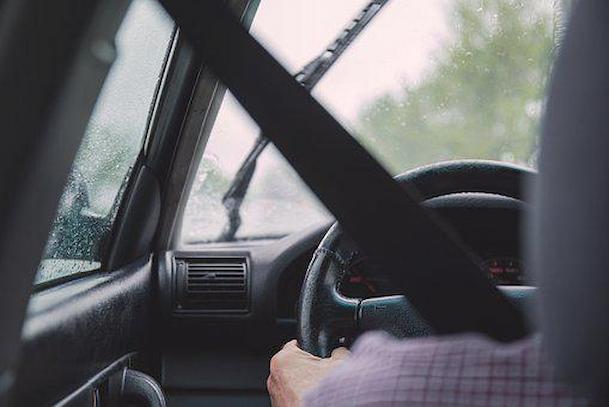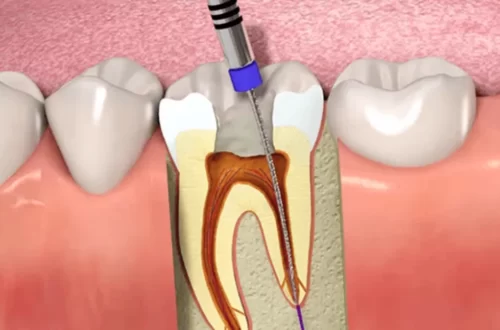
How Long After Drinking Can You Drive?
Drinking and driving don’t mix, not to sound like an after-school special.
Alcohol has a variety of effects on your ability to drive.
In particular, alcohol
- impairs your judgment
- significantly slows your reaction time
- makes it hard to focus on driving
- affects your ability to control the car or speed
- reduces coordination
- inhibits your ability to track moving objects
How soon do these effects disappear? What if you’ve had “a few” but feel fine? What if you notice a slight buzz but are aware that you are not yet over the limit? Everything you need to know is provided here.
Remember that not all alcoholic drinks are the same. Different drinks have different alcohol content.
Additionally, what you perceive as one drink may actually be more (and sometimes “a lot more”) than what is considered to be a standard drink.
A Rough Guide
The body metabolizes various beverages at various rates, according to the following general estimates:
- a tiny shot of alcohol 1 hour
- A pint of beer: 2 hours
- a large glass of wine 3 hours
Of course, the more alcoholic beverages you consume, the longer it will take your body to process them. You’ll experience this as a higher level of alcohol in your blood (more on this in a moment).
The following factors can influence metabolism rate:
- Age. As you get older, your body’s ability to distribute, metabolize, and eliminate alcohol is impacted by slower circulation and decreased muscle mass.
- Biological sex. Even if they are the same size, females will experience the effects of alcohol more strongly than males do for a variety of physiological reasons. Among the causes are decreased levels of a liver enzyme that breaks down alcohol, decreased levels of body water, and hormonal factors.
- Body weight. Alcohol can spread more widely throughout the body as a person’s weight increases. The general idea is that even if you drink exactly the same amount of alcohol as your friend, your blood alcohol concentration will be higher if you weigh significantly less than your friend.
- Food (empty vs. full stomach). By way of the stomach lining, alcohol is absorbed. Alcohol absorption is slowed down by food in the stomach, which also causes gastric emptying to take longer. On the other hand, if you drink on an empty stomach, which is never a good idea, your body will absorb the alcohol more quickly and your blood alcohol level will be higher.
- drugs, as well as other substances. The metabolism of alcohol and how you experience its effects can both be impacted by certain medications. The same is true for many recreational drugs (not that you should drive after using any of them, either).
- How fast you drink. You’re not giving your liver the time it needs to process the alcohol if you’re chugging or pounding back shots. Longer-lasting effects result from this.
Blood alcohol content (BAC) establishes whether or not you are legally considered too intoxicated to operate a vehicle, in addition to how drunk you feel.
Blood alcohol content (BAC) is calculated as the ratio of blood water to blood alcohol content (BAC).
In the US, it is against the law to have a blood alcohol concentration (BAC) of.08 grams per deciliter (g/dL) or more. However, you shouldn’t let that figure influence whether or not you decide to drive.
First off, the threshold of.08 g/dL is actually slightly higher than the.05 g/dL limit that many European nations set.
Even if you’re well below the legal limit, impairment to your driving abilities can still lead to accidents and legal issues.
In fact, the National Highway Traffic Safety Administration reported that in 2018, 1,878 people died in accidents involving drunk drivers who had blood alcohol concentrations below the legal limit in the United States.
You’re out of luck if you came to this page looking for a way to determine whether you’re legally allowed to drive after drinking.
Even with a slickly designed app on your phone, there really isn’t a reliable way to determine whether you can drive safely after drinking.
Due to the fact that alcohol impairs judgment, you would not be in a position to assess your own or anyone else’s driving abilities after drinking.
Although it can only provide you with your BAC, you could use a personal breathalyzer. (Just a number, your BAC, always. It’s not always safe for you to drive even if your BAC is within the legal range.)
Some people may be able to function normally and drive safely at the legal limit, but many others cannot because alcohol has different effects on each individual.
Avoiding driving after consuming alcohol is the safest course of action.
How can you quickly sober up? I’m sorry, you don’t.
There are a ton of tips and miracle cures on the internet that promise to hasten your sobriety, but none of them actually work or have any kind of scientific support.
Your BAC can only be reduced over time, and the length of time depends on the individual and the situation.
The best course of action is to wait it out or avoid letting your BAC rise in the first place.
The next time you drink, you can avoid driving while intoxicated by doing the following:
- Decide on a limit of how many drinks you consume in one sitting before you start drinking.
- Sip your drinks rather than guzzling them, and alternate with nonalcoholic beverages to give your body time to process the alcohol.
- Drinks with less alcohol should always be chosen.
- Eat something before you drink and graze on snacks while you’re doing it.
Safety Tips
On a night out, these tips can help keep you safe:
- have a designated driver
- find out about public transport options before you go out
- budget for a taxi
- have a backup plan for getting home – a friend or parent you can call
- arrange to be picked up
- arrange to stay overnight
- don’t accept a lift from someone who has been drinking





Average Rating